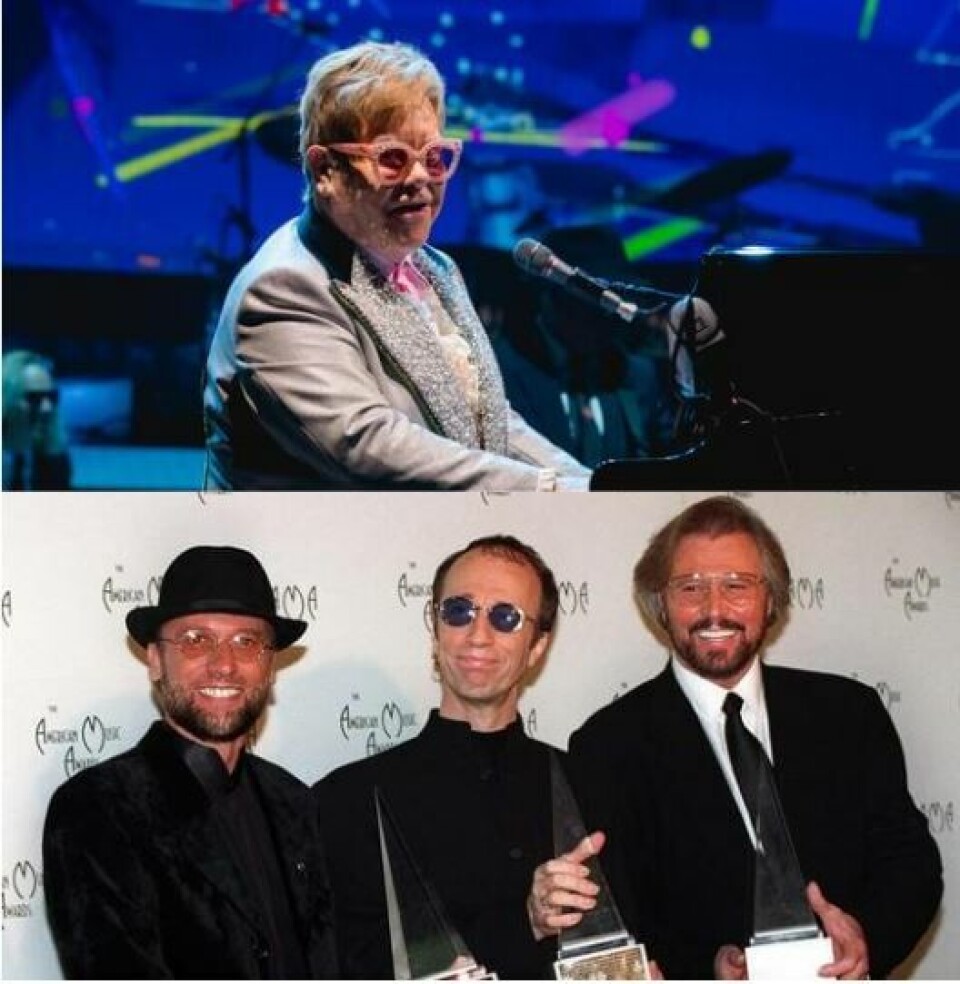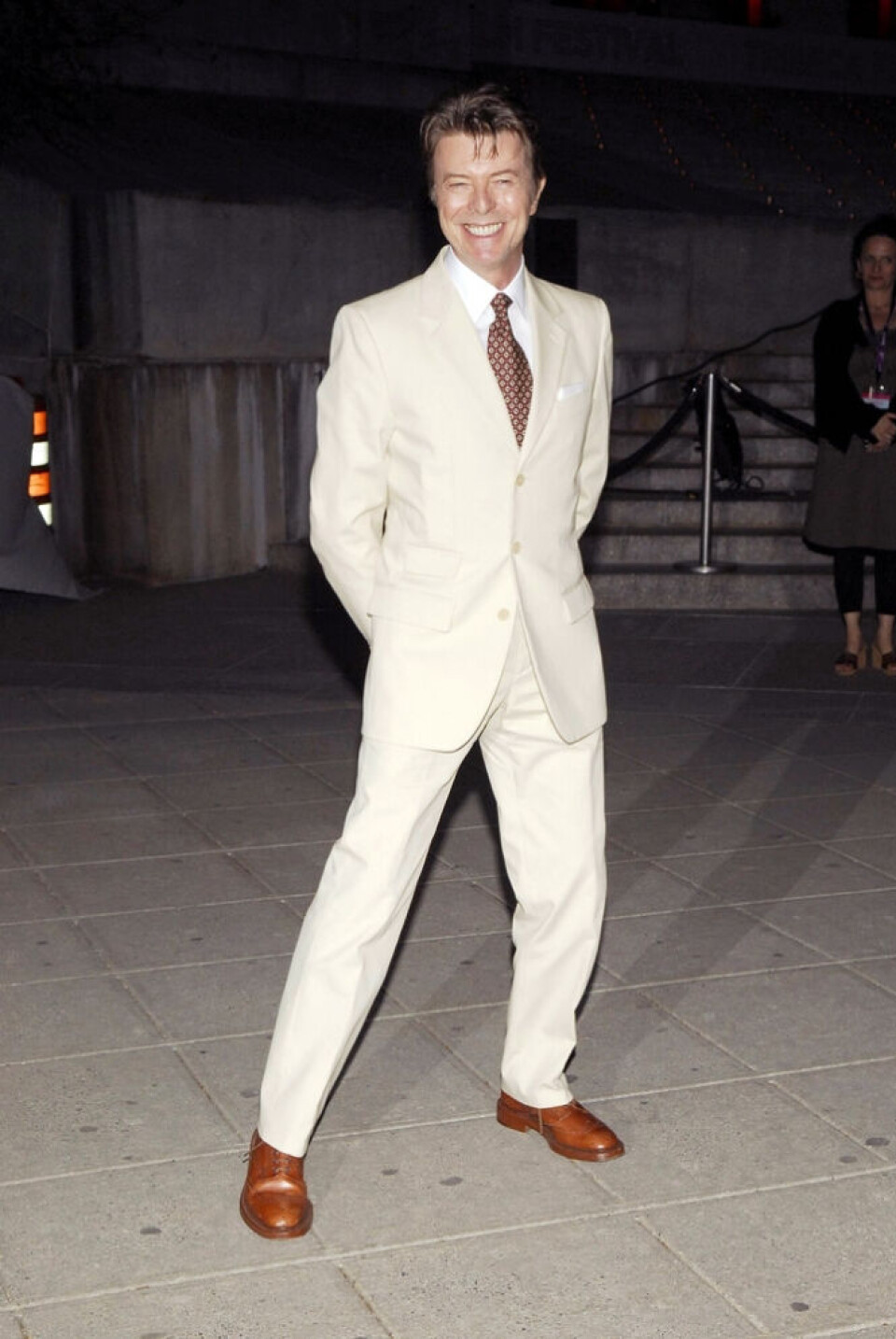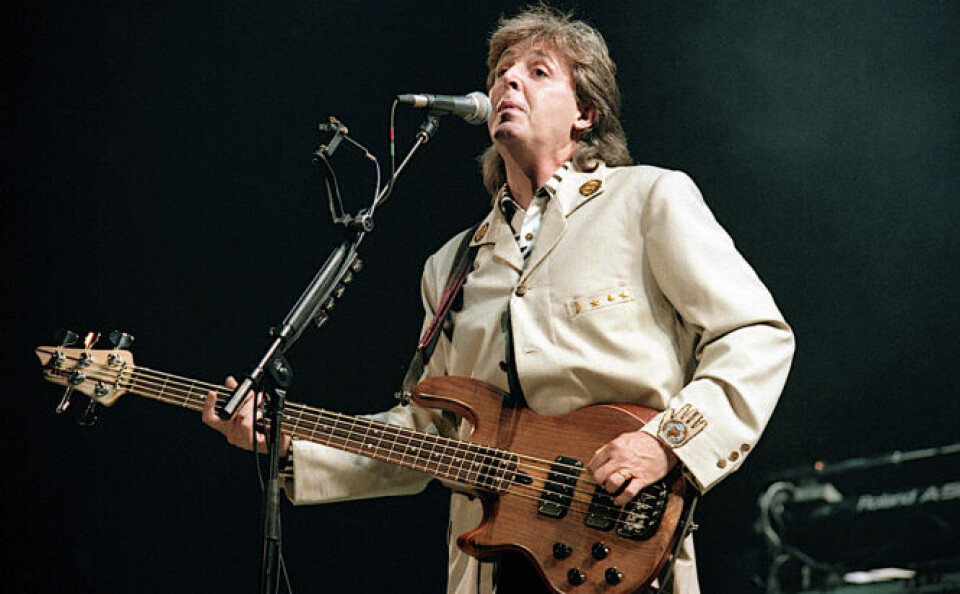-
Visitors to Normandy American Cemetery must soon book in advance
With more than one million visitors last year, the cemetery is one of the region’s most-visited D-Day sites
-
Easter traditions across France: From rattles and hooded processions to giant omelettes
Regional Pâques celebrations highlight France’s cultural diversity
-
Photos: 94 chateaux open their doors to visitors in Dordogne
The fifth Chateaux en Fête festival offers a chance to look around many impressive properties that are usually private
Elton John, Bowie, Queen: many A-list stars have recorded in France
Hits such as (in part) Pink Floyd’s The Wall and the Bee Gees’ Saturday Night Fever were born at the iconic music studios Le Château d’Hérouville or Super Bear

Actor Brad Pitt recently announced his intention to revive the legendary Miraval music studio, which is located in his chateau in southern France.
Read more: Brad Pitt to revive legendary music studio based in his French chateau
And while Miraval is probably the French studio that is the most known outside the country, it is not the only place A-list musicians have used to record their now-hits.
Like Miraval, Le Château d’Hérouville has reopened after a period of closure.
Situated in another chateau, in the Val d’Oise north of Paris, in its heyday it had a similar reputation for attracting the world’s biggest stars.
They included Elton John, David Bowie (Pin Ups album, 1973, and Low in 1977), Pink Floyd (Obscured by Clouds, 1972) and Iggy Pop (The Idiot, 1977). The Bee Gees also recorded the soundtrack to Saturday Night Fever, in 1977.

Elton John liked it especially, recording there in 1972 and naming the resulting album after it, Honky Château. Rocket Man and Honky Cat were among its hits.
He recorded two further albums at Hérouville in 1973, including Goodbye Yellow Brick Road.
The chateau was bought in 1962 by French film music composer Michel Magne, who wanted a peaceful place in the country to live and work. He created a recording business there in 1969 and offered accommodation for the musicians, due to its rural location – at the time, a first in France. On an evening, stars such as Bowie and Iggy Pop could be found eating together in its communal dining rooms.
The studios were popular in the 1970s, with many stars using its two recording facilities, which were named after Georges Sand and Frédéric Chopin, who were said to have had a romance there.
Business and financial complications meant Mr Magne passed on the running of the business side. In 1984, having declared personal bankruptcy and lost the chateau, he died by suicide, aged 54.
The studio business closed in 1985, only to be revived some 30 years later when the chateau, in a state of neglect, was bought by a group including two sound engineers and a financier. They invited locals from the village to help to renovate it, and around 40 joined in.
It reopened for recordings in 2016 and has hosted several recordings for the Arte channel by artists such as Sting and jazz singers Melody Gardot and Gregory Porter.
Super Bear was named in a twist on the name of its location, Berre-les-Alpes, in the hills north of Nice, Alpes-Maritimes.
It opened in 1978 in a former restaurant and was owned and run by British composer Damon Metrebian and a small group of other Britons living in the area. Performers appreciated its relaxed setting, which included a swimming pool and tennis courts to use after work.

It attracted stars such as Queen (Jazz, 1978), The Police (Around the World documentary, 1981), Kate Bush (Lionheart, 1978), Paul McCartney (Tug of War, 1980), Elton John (21 at 33, 1979) and Pink Floyd (The Wall, 1979, also partly recorded at Miraval).
Sadly, it was destroyed in a forest fire in 1986, later being rebuilt to serve as an art gallery and a chambres d’hôtes.
Related stories:
French Music review: summer memories
Mythbuster: French music cannot survive outside France
French chansons: A unique style that puts words before music
























